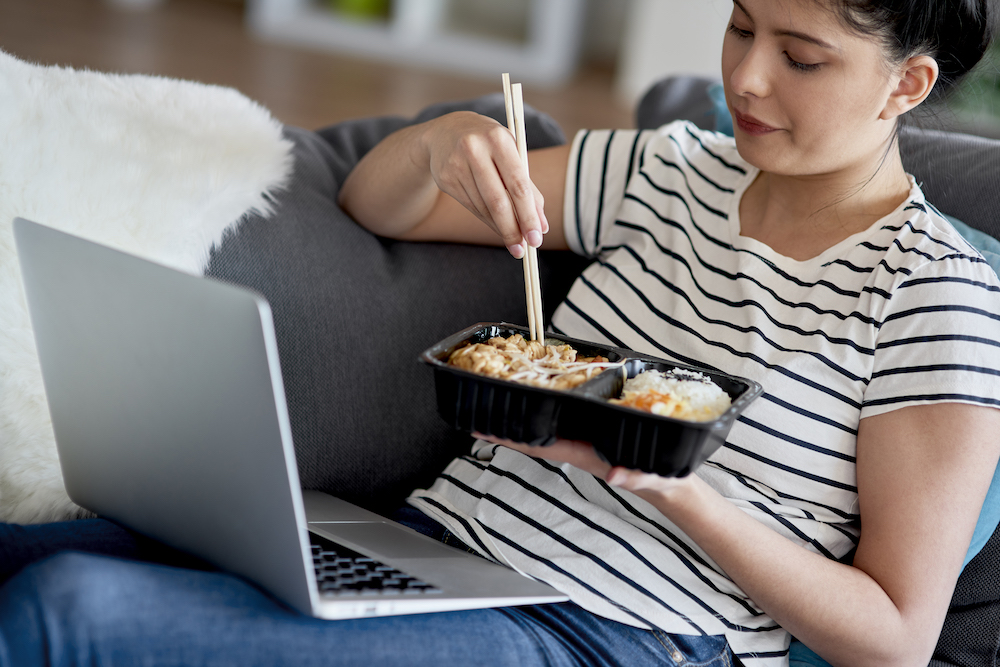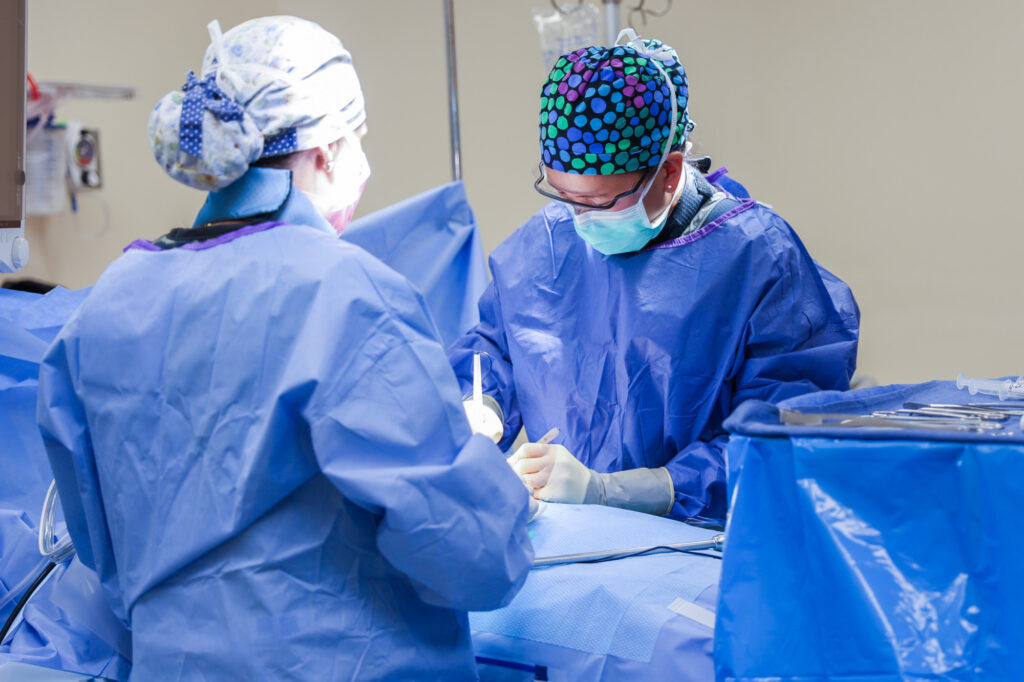
Weight loss surgery is a catalyst to lasting change in your life. When you make the choice to undergo bariatric surgery, you are choosing to put your health first and to take major steps in improving your lifestyle habits so that you can lose weight and keep it off.
When you watch TV shows where people are staying together in a special group-home and working together around the clock to lose weight, it seems like every choice makes sense. Everyone surrounding them is fighting for the same thing, all of their surroundings are positive. It is just up to the individual to make those mental adjustments to keep up with the expectations their doctor sets forth.
Somehow, the process feels very different when you are trying to lose weight at home, still managing every aspect of your former life, but now with a different diet and a long list of things you want to do that are going to help you be healthier.
Food Cues and Weight Loss
Having a new world to embrace that is all positive and supportive would be wonderful, but it just isn’t the reality for most of us. Instead, you need to recognize the factors that were in your life previously that encouraged you to gain weight, and consider what changes you can make to your life now that will help you maintain your new goals.
One of the first steps here may be recognizing what food cues are encouraging you to overeat. Food cues are any incentive that inspire you to eat. We are surrounded by food cues every day. While hunger is going to make you more susceptible to some food cues, identifying the unhealthy ones in your life and making adjustments to how you perceive those food cues can be a major step in building that supportive environment that you crave.
Food cues can be subtle or overt. Some, like advertisements for junk foods, are going to be pretty obvious—but can still inspire you to want to have a snack when you aren’t actually hungry. Other food cues aren’t as noticeable at first. This includes things like storing snacks out in the open, where you are constantly looking at them, or working in an office where doughnuts or bagels are handed out for free, giving you an incentive to make unhealthy food choices.
After weight loss surgery, you need to adjust the way that you interact with food, and this might mean rearranging your kitchen just as much as it might mean changing your evening habits. If it is difficult to watch TV without going for a post-dinner snack, then you may want to try other activities instead. Try going for a walk or reading a book, where you know you won’t be confronted with those fast food commercials.
If your kitchen is teeming with snacks, talk to your family about keeping their indulgent sweets out of sight and out of mind. Clear off your kitchen counter so that it isn’t temping you with sweets, and keep healthy foods out instead.
For more tips about how to manage food cues as you lose weight, talk to your weight loss surgeon.

